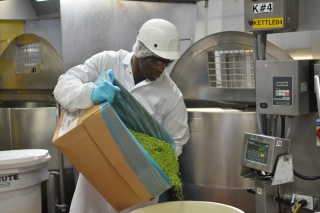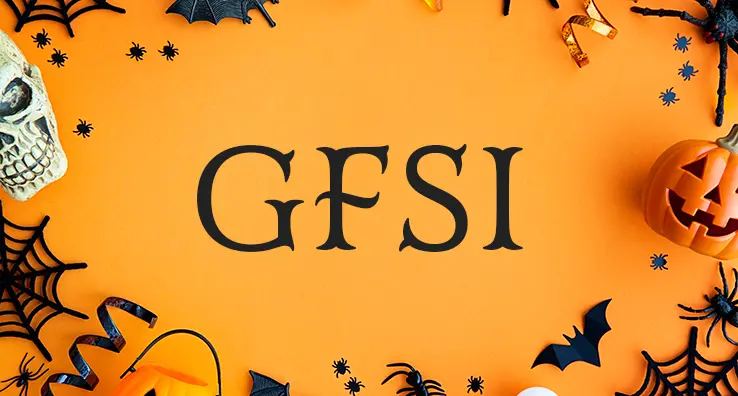Key Insights from the 2016 SQF International Conference

The 2016 edition of the SQF International Conference provided attendees with the opportunity to prepare for the upcoming SQF Code Edition 8 and collaborate with their food safety peers. Upwards of 800 food safety professionals attended 70+ sessions, workshops, and breakouts. Following are a handful of the most important insights from the conference.
Foreign Supplier Verification was All the Buzz
Virtually every session made some mention of foreign supplier verification and its ramifications for food companies. Discussion focused around companies’ need to act as their own risk managers to ensure that imported materials and products comply with FDA preventive control standards. One key recommendation was to make use of readily available resources to get a heads-up on potential foreign supplier issues (including FDA warning letters and import alerts) and to monitor the EU’s RASFF alerts—the Rapid Alert System for Food and Feed.
Anticipated Updates to the SQF Code
Obviously, every attendee was interested to find out as much as possible about SQF Edition 8. The new edition, aligned with GFSI Version 7, will contain changes to food safety and quality codes including
- A focus on continuous improvement
- A new, transparent benchmarking process
- Specifications around auditor competency
- The expectation of unannounced audits
- A new emphasis on protection against food fraud
Look for upcoming posts to this blog to take a deeper dive into the specifics of SQF Edition 8 as the release date approaches.
Best Practices for Food Defense and Vulnerability Assessments
Rod Wheeler of the Global Food Defense Institute shared observations, mitigation strategies, and best practices around vulnerability assessments. Some of his recommendations included:
- Marking exterior facility doors with large, reflective numbers for easy identification in an emergency—which may not occur in broad daylight
- The necessity for close scrutiny of every entry in a visitor log
- Designated visitor parking areas separated and secured from employee parking
- Installation of physically secure ingredient silos
- Training security personnel on basic anti-terrorism practices.
Mr. Wheeler stated that most tampering with finished product occurs in easily-accessed pre-packing areas, so closed-circuit security for these and other vulnerable locations should be a top priority. Finally, Wheeler emphasized that frontline workers—a company’s eyes and ears—are the best line of defense.
Communication Is Critical
Rapid, precise communication across a company’s entire supply chain is tremendously important during food safety incidents and near-miss episodes. Discussions highlighted the complexity of maintaining accurate and up-to-date contact information for all external vendors, suppliers, and regulators. Equal emphasis was also placed on the need to maintain a company’s internal contact database, since key personnel frequently must be contacted and debriefed quickly in the event of an incident.
As in years past, Alchemy was a proud sponsor of the SQF International Conference, and our resident food industry experts Jeff Chilton, Jorge Acosta, and Holly Mockus presented on topics including the FDA inspector-to-investigator shift, supplier specifications, and supplier-retailer partnerships. Orlando, Florida offered a warm and pleasant backdrop to the conference, and Alchemy looks forward to next year’s meeting right up the road from us in Dallas. See you there!







